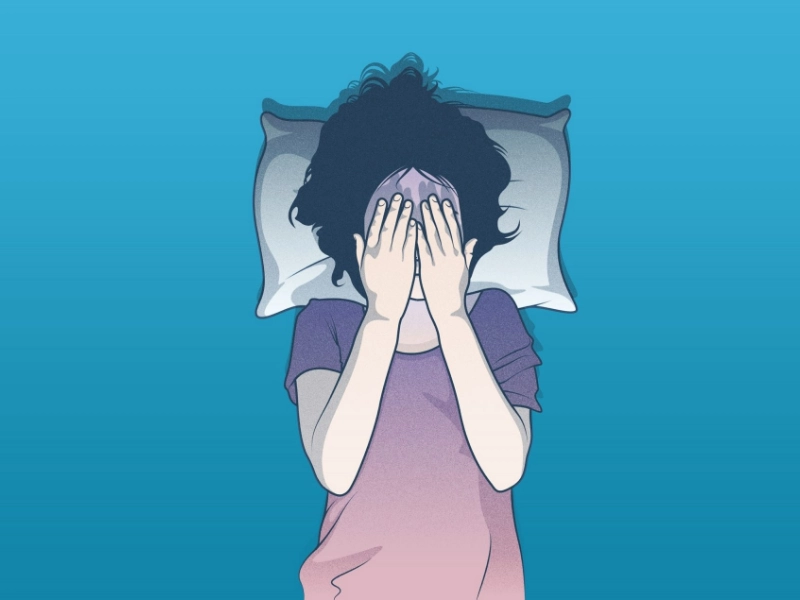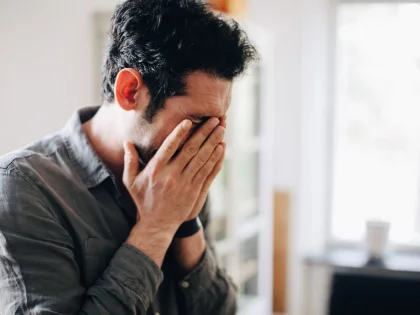How is Insomnia Cured?
Numerous remedies are available for treating insomnia. Changing sleep-inducing habits, such as consuming large meals just before bed or consuming alcohol or caffeine, is one of them.
treating physiological issues, including pain, hormone imbalances, digestive issues, or mental health issues that may contribute to insomnia.
1. Identify the Cause

Finding the ideal mix of therapies to help you resume good sleep frequently takes time. Once you do, though, you should gradually get better sleep.
In addition to performing a physical examination, doctors obtain a thorough medical history in order to diagnose insomnia. They might also recommend additional tests, such as a polysomnogram (sleep study), a sleep-wake actigraphy, or a multiple sleep latency test. When diagnosing insomnia, your doctor will take into account your surroundings, habits, and underlying medical concerns. Along with treating any underlying causes, they might also change your medication or take care of an underlying medical problem like sleep apnea or heart disease. Regular exercise and abstaining from alcohol, nicotine, and caffeine can also be beneficial. Although insomnia can be treated, it might be more difficult to modify daily routines and break unhealthy sleep patterns the longer it persists.
2. Treat the Cause

A number of medical disorders, such as hormonal imbalances, gastrointestinal issues, thyroid hyperactivity, anxiety, and depression, can cause sleeplessness. Your ability to fall and stay asleep at night may be hampered by other medical issues such as acid reflux, sleep apnea, and restless legs syndrome.
These kinds of underlying problem treatments will help with insomnia, but treating the symptom alone is crucial. This is due to the fact that treating worry, stress, or any other mental health issue that may be causing your insomnia will help lessen the symptoms and improve your quality of sleep.
3. Change Your Habits

Maintain a regular sleep routine. Every day, including weekends, set aside the same time to wake up and go to bed. This aids in restoring a normal sleep-wake cycle to your body.
Steer clear of stimulants like sugar, caffeine, and alcohol in the hours before bed. They may interfere with your sleep cycle and make it more difficult to fall asleep.
Try doing something soothing and unstimulating, like reading or listening to soothing music, if you can't fall asleep after 20 minutes of lying down. Put off fretting and brainstorming until the next morning, when you can quietly tackle the problems if your mind is racing. This is a useful method for treating both acute and persistent insomnia. (Note: Discuss treatment alternatives with your doctor if you experience chronic insomnia.)
4. Take Medications

Moreover, mindfulness meditation and acupuncture can enhance sleep. Moreover, attempt to abstain from alcohol and caffeine right before bed. Additionally, as these can aggravate sleep issues, avoid looking at the time or your phone while attempting to get asleep. Lastly, make sure you eat a healthy diet and exercise frequently. Additionally, unless your physician gives the all-clear, avoid using over-the-counter analgesics or sleep-inducing antidepressants. Depression and these medications are related. Additionally, they may interfere with several prescription drugs.







